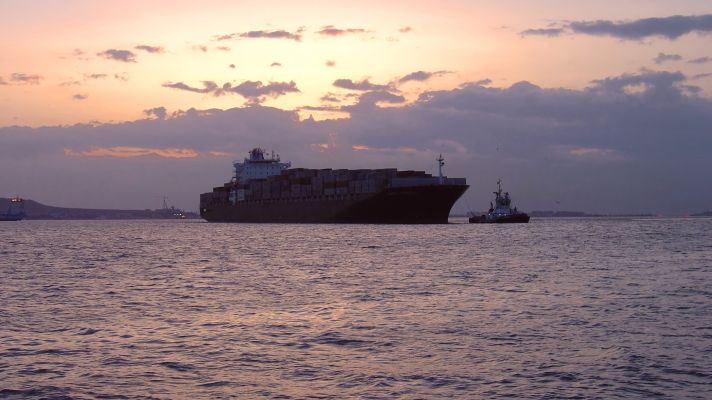The Digital Container Shipping Association (DCSA), a non-profit group seeking digitalisation of container shipping technology standards, and its nine member carriers have formed the Future International Trade (FIT) Alliance. Together, they want to collaborate on the development and adoption of relevant standards to facilitate the use of electronic bills of lading.
The DCSA has signed a memorandum of understanding (MoU) with BIMCO (Baltic and International Maritime Council), FIATA (International Federation of Freight Forwarders Associations), the International Chamber of Commerce (ICC) and SWIFT (Society for Worldwide Interbank Financial Telecommunication) in which the organisations commit to collaborating to standardise the digitalisation of international trade.
The FIT Alliance will work on generating awareness about the importance of common and interoperable data standards and common legislative conditions across international jurisdictions and platforms. The aim is to facilitate acceptance and adoption of an eBL (electronic bill of lading) by regulators, banks and insurers and to unify communication between these organisations and customers, physical and contractual carriers, and all other stakeholders involved in an international trade transaction.
Digitalisation of global trade
‘The digitalisation of documentation for container shipments will add value for international suppliers who rely on shipping across sectors,’ says David Loosley, Secretary General and CEO of BIMCO. ‘Aligning these standards with the electronic bill of lading standard for the dry and liquid bulk sectors, which we are developing with assistance from DCSA, will help accelerate the digitalisation of trade globally.’
‘Interoperability between all actors of the trade and transport industry is the key foundation to enable smooth data exchange and to streamline the end-to-end shipping process for our members,’ adds Dr. Stephane Graber, FIATA Director General. ‘FIATA, as the owner of the only negotiable multimodal transport document, endorsed by UNCTAD and ICC, is convinced that an industry-wide effort to establish open-source, interoperable, technology-agnostic standards is essential to make digitalisation of international trade a reality.’
John W.H. Denton AO, ICC Secretary General: ‘Through the FIT Alliance, we are collaborating with key industry players to create and accelerate the adoption of digital standards for bills of lading that will make international shipping dramatically more simple, secure and seamless. This will drive a sea change in companies’ productivity and business models, the two critical ingredients to help businesses build back better, and unleash benefits at an ecosystem level which have never before been achieved.’
Also read: No innovation without digitalisation: SWZ special on digital transformation








